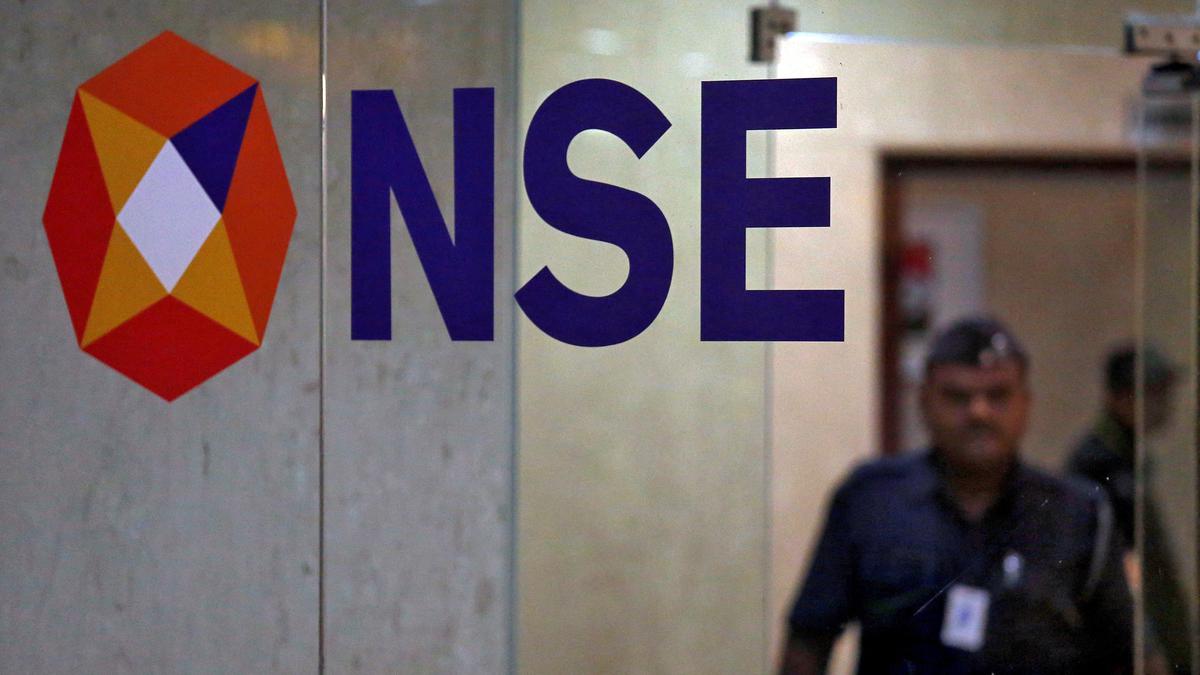News Highlight
The National Stock Exchange (NSE) issued a string of notices naming entities involved in ‘dabba trading’.
Key Takeaway
- The exchange warned retail investors not to use items that provide guaranteed returns in the stock market because they are illegal.
- The exchange, it added, does not accept the entities as legitimate members.
- Dabba (box) trade is informal trading outside the purview of stock exchanges.
- Traders speculate on stock price changes without engaging in an actual transaction to acquire physical ownership of a certain stock, as in exchange.
- Simply put, it is gambling concentrated on stock price swings.
Dabba Trading
- Definition
- The stock market has grown in popularity.
- It has historically delivered higher returns than any other investor, encouraging more investors to participate in equities to reap the benefits.
- However, some investors choose to invest in equities differently.
- In India, a parallel system lets investors purchase and sell stocks outside stock exchanges.
- When we say it’s a parallel system, we mean that dabba trading is prohibited.
- About
- Dabba trading is a fictitious market.
- Investors must first register a Demat account with a broker to purchase and sell equities on the stock exchange.
- However, in bucket trading, all translations occur outside of market standards.
- Because there are no controlling norms and regulations, it is dangerous but rewarding.
- with the dabba system, all transactions are settled with cash.
- The system’s operators take orders and book transactions outside the stock exchange.
- Profits are not taxed because it is prohibited.
- Traders do not have to pay the Commodity Transaction Tax (CTT) or the Securities Transaction Tax (STT) on their transactions.
- SEBI has taken several initiatives to curtail the dabba trading system and encourage more investors to buy through traditional channels.
How does dabba trading work?
- In India, the dabba system is known as box trading, while in the United States, it is known as bucket trading.
- The broker helps investors invest outside of the stock market.
- Operators take orders, and all transactions are settled in cash once a week.
- After receiving the order from its client, the operator records the transaction.
- To facilitate trades, the operator charges its clients a fee.
- Transactions in the bucketing market are riskier.
- Because it is an illegal transaction, it carries counterparty risks and actions by various authorities.
- The Dabba system is a fictitious market with no certainty of settlement, meaning you could lose all your assets.
- Gold, silver, copper, and crude oil are frequently traded on the parallel market in India.
- Under Regulations 3 and 4 of the SEBI Prohibition of Fraudulent and Unfair Trade Practices, SEBI classified dabba trading as illegal and prohibited.
- It is also a violation of both the Indian Penal Code and the Information Technology Act of 2000.
Dabba trading software
- has progressed to the point where dealers employ software designed specifically for trading outside the stock market.
- Despite SEBI’s efforts to reduce unlawful trading, the volume of Dabba trading is increasing.
- Dabba trading software and apps are making their way to the public, allowing consumers to transact with a few clicks.
- These programmes are linked to the stock and commodity markets to track live price changes.
Risks to dabba or box trading
- Dabba trading is riskier because it is unregulated.
- There is no assurance that you will get a settlement.
- A dabba trade’s profit is contingent on the loss of another party.
- Those who work in the dabba market are not stock exchange members.
- The operators make massive stock market orders and suffer the loss or profit from the transaction.
- Box trading is a risky financial strategy.
- Dabba trading has an impact on the entire economy.
- It promotes tax avoidance, with thousands and crores wagered outside the legal system.
- It costs the government thousands of crores of rupees in revenue.
- Second, it is similar to organised gambling, which is prohibited in India.
- Traders deal without the protection of the exchange or SEBI.
Conclusion
- Dabba trading is dangerous and illegal.
- As a result, most investors shun it. A Demat account is required to invest in equities.
- It merely takes a few minutes these days to open a Demat account with a registered broker.
- A reputable broker can help you invest securely and honestly.
Pic Courtesy:
Content Source: The Hindu



